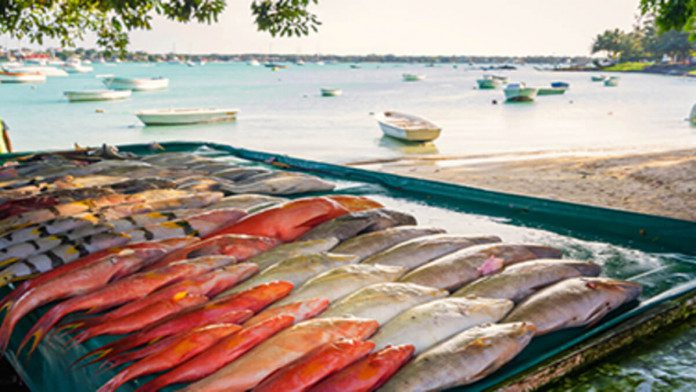News in Brief:
– The African Development Bank provided a $240 million loan to Mauritius for the second phase of its Economic Competitiveness and Resilience Support Program.
– Is aims to revitalise the country’s fisheries, improve agricultural practices, and promote renewable energy use.
The African Development Bank (AfDB) has announced a significant boost for Mauritius’ economic development with a $240 million loan agreement. This financial injection marks the second phase of the Economic Competitiveness and Resilience Support Program, following a successful initial phase implemented in 2023.
The program’s core objective is to further strengthen Mauritius’ economic diversification and competitiveness. It also aims to enhance the nation’s resilience to external shocks and promote inclusive and sustainable growth.

Also, according to the AfDB’s Country Manager in Mauritius, Kennedy Mbekeani, the proposed program will support its economic recovery following the pandemic, through fundamental reforms to improve the business environment and the real economy.
Key areas of support
Specifically, the loan will target several key government initiatives. These are:
- Revitalising the fisheries sector: A major focus of the program is supporting the government’s fisheries framework bill. This bill aims to address gaps in current legislation, particularly regarding unregulated fishing and ineffective sanctioning practices.
- Transforming agriculture and livestock: The program also extends support to the implementation of a national roadmap and strategic plan for the agriculture and livestock sectors (2024-2030). This plan prioritises increasing food production for long-term food security, promoting sustainable and resilient agricultural practices, and fostering entrepreneurship and growth within the agro-industry.
- Promoting Renewable Energy and Reducing Poverty: The program will facilitate the installation of rooftop solar panels (using 1.5 kWh kits) for low-income households. This will decrease beneficiaries’ monthly electricity bills by 75 kWh for a period of 20 years.
Additionally, beyond promoting renewable energy and reducing greenhouse gas emissions, the program aims to alleviate poverty among low-income residents.
Meantime, according to information contained on the bank’s website, the program’s primary beneficiaries include the Mauritian Ministry of Economy, Planning and Development, alongside other relevant ministries.
The private sector is also expected to benefit from improved investment opportunities in the agro-industry sector. The Indian Ocean island nation derives 1.5% of its gross domestic profit (GDP) growth from the fishing industry.



